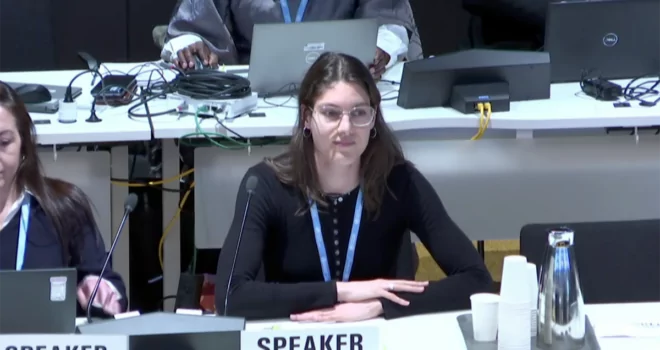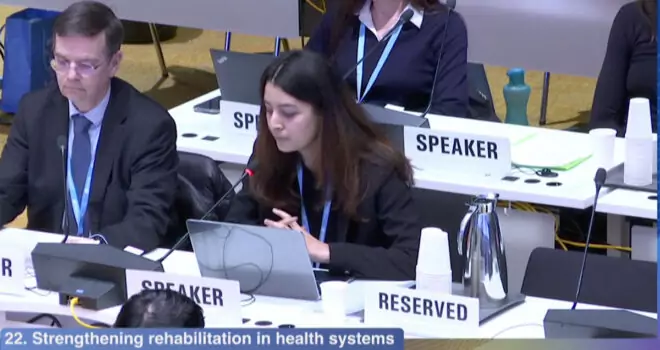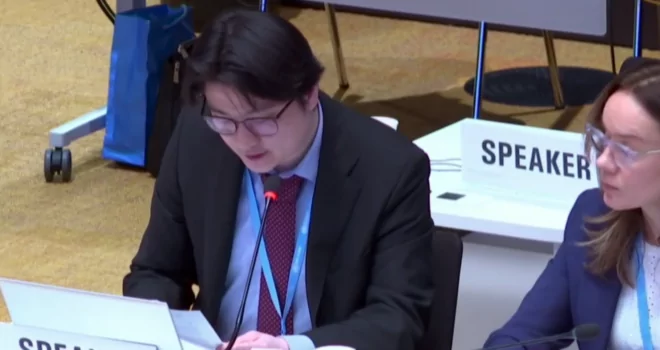This statement was delivered by Prof. Abdulla Shehab, our Advocacy Committee member for EMRO, at the Seventy-First Session of the WHO Regional Committee for the Eastern Mediterranean.
SEVENTY-FIRST SESSION OF THE WHO REGIONAL COMMITTEE FOR THE EASTERN MEDITERRANEAN
AGENDA ITEM 3h
Honourable Chair,
Distinguished Delegates,
The World Heart Federation commends WHO and its Member States for the strides made in promoting health and well-being across the Eastern Mediterranean region. We also applaud the State of Qatar for its leadership in spearheading WHO Resolution WHA77.12.
Physical inactivity remains a major risk factor for noncommunicable diseases, especially cardiovascular disease. Current projections estimate that nearly 500 million new cases of preventable NCDs will arise globally, between 2020 and 2030, due to physical inactivity, resulting in an economic impact exceeding 300 billion USD.
As over half of the global population resides in urban areas, creating healthy cities and settings presents significant health and environmental co-benefits. The transformative potential of urban policies can:
- Reduce air pollution and greenhouse gas emissions;
- Promote active transportation and increase physical activity;
- Shape urban environments that foster green spaces and tobacco-free zones;
- Improve access to essential health services, especially primary health care;
- Facilitate access to nutritious food and encourage healthy diets; and
- Strengthen social cohesion and mental health.
In particular, supporting active transportation can not only reduce air pollution, but also increase physical activity, which, in turn, helps alleviate the burdens of cardiovascular disease, hypertension, obesity, diabetes, and certain cancers.
WHF urges Member States to:
- Implement the Doha Statement on Healthy Cities; and
- Develop and implement national physical activity policies, in line with the WHO Global Action Plan on Physical Activity.
Thank you.


